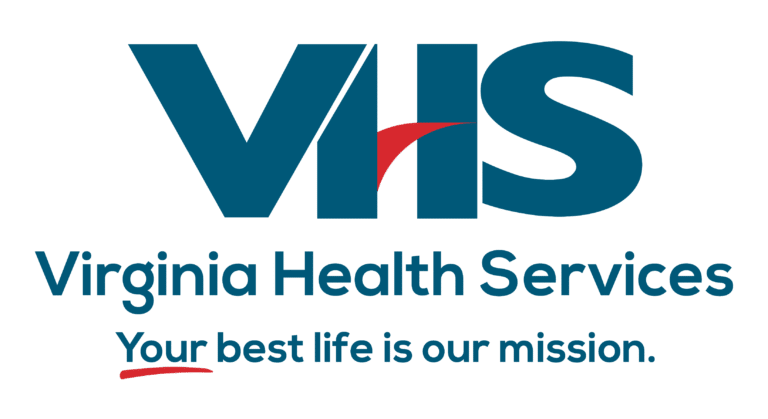Did You Know How Exercise Can Benefit Seniors?
Adopting a regular workout routine can help you combat the effects of aging. It can also help sharpen your mind, maintain your youthful vitality & even enhance your joy! We know the benefits of exercise & physical activity, but how safe is exercise for seniors? According to the American Academy of Family Physicians, https://www.aafp.org/afp/2017/0401/p425.html, almost everyone can benefit in some way from more physical activity or exercise. It can also help to alleviate pain & allow better mobility & even extend one’s independence.
As we grow older, our bodies tend to slow down making it harder for the body to repair itself, but the good news is that moderate physical activity is good for everyone, despite age and ability levels. For most of us, the benefits of exercising regularly far outweigh the risks associated with it.
How Physical Activity Works to Our Advantage
It’s a known fact that having regular exercise in your daily routine provides huge health benefits, including managing blood pressure & blood sugar, better joint and bone health, reduced amounts of lipids in the blood, & even long-term preservation of neuro-cognitive function. Additional positive effects include:
- Helps to Support Stronger Bones. Higher bone density reduces the risk of osteoporosis and lowers the risk of falls & broken bones. Research shows that strength training can dramatically reduce bone loss, restore bones, and contribute to less bone fractures and better balance. https://www.everydayhealth.com/senior-health/osteoporosis/6-exercises-strong-bones/
- Helps Protect Against Chronic Conditions. If you have had a diagnosis of a chronic disease, incorporating a daily physical regiment can minimize some of your symptoms. For example, exercise is vital for helping those with chronic conditions like Parkinson’s disease & dementia to maintain their coordination and balance in order to extend their functional independence.
- Helps to Improve Cardiovascular & Respiratory Function. Having strong lungs & airways as well as a healthy heart & vascular system keeps us healthy. Exercise helps us by lowering the risk of heart disease while reducing blood pressure, which in turn allows the body to function more efficiently.
- Helps Gastrointestinal Function. Your metabolism is boosted & your body can eliminate its’ waste with regular exercise. If you suffer from slow digestion & constipation, physical activity can be an ideal way to keep your digestive health on track.
- Helps to Boost Immune Function. A strong healthy body can fight off disease & infection more quickly and easily. Recovery from an illness will take less time and less of a toll on the body if the person exercises regularly.
A consistent exercise schedule can decrease mortality and age-related morbidity in older adults. In addition, seniors who exercised routinely experienced improvements in functional balance & reach which reduced the participants’ fears of falling.
What Physical Activities can People with Limited Abilities do?
There are people in every age group that have physical abilities which limit them in exercises, whether by injury, medical conditions or general frailty. These people must exercise a little more carefully than others, but they can adapt by learning exercise techniques that will improve their strength and ability, with proper instruction. A sedentary lifestyle can lead to the risk of illness, obesity and falls, so exercise is even more important for those with limited abilities.
Trained professionals can supervise people with certain limitations in a group exercise class, by helping to modify each movement for the individuals, as well as offer an entire regimen for specific improvements even with a person’s specific situation. Some excellent low impact exercises are yoga, swimming & water aerobics. Local senior centers and YMCA’s are great places to start when looking for exercise programs that help with unique challenges.
If you or a loved one is recovering from recent surgery, illness or injury and requires rehabilitation before getting involved in a routine exercise, consider Virginia Health Rehab. We offer comprehensive rehab services in our outpatient facility in Port Warwick, as well as on-site services at each of our communities. Visit www.virginiahealthrehab.com.
Should you require more extensive services, our home health division, Virginia Health Home Care, can provide the help you need to increase your stability & flexibility at home. Visit us at www.virginiahealthhomecare.com.
One benefit of physical activity & exercise is the social aspect & comradery that are built by working out together, or as a class. Most independent or assisted living communities have fitness centers. The Arbors at Port Warwick, our independent living community, has a fitness center as well as other amenities. Our assisted living communities, The Huntington and The Hamilton also offer a wellness center, exercise classes & a full social activity calendar. Visit www.vahs.com to find out more.
As with anything new, please consult your doctor before beginning a new exercise regimen or resuming one. Your doctor can make recommendations on what physical activities would work best for you or your loved one.








